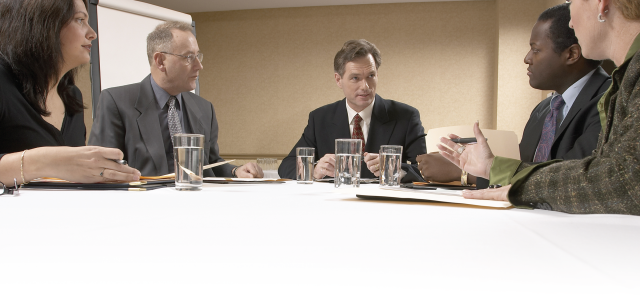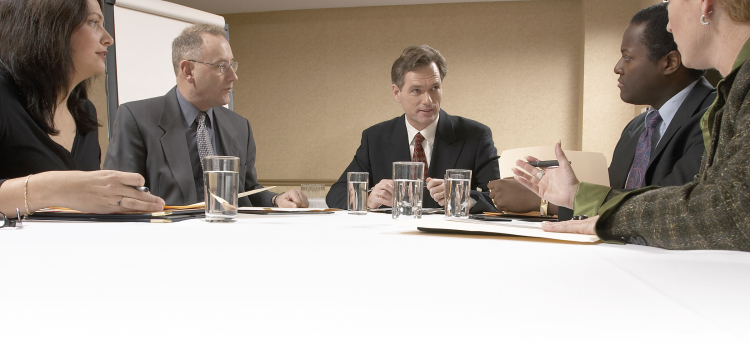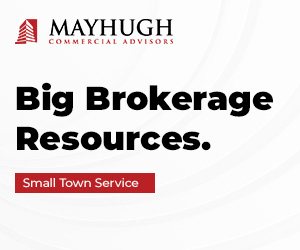


There’s more to protecting your commercial property than just mitigating damages. It’s about protecting your future. That’s why it’s so important to understand what an insurance policy CAN cover and what your policy actually DOES cover.
If you are a commercial property owner, you should always plan for unknown risk. Hiring a management company can help. The professional firm you hire should work closely with you to streamline operations, minimize risk, reduce costs, and increase asset value.
RISK MITIGATION
Risk management is the key to controlling your insurance expense. Occasionally, the risks that seem benign and inconsequential are the very ones that snowball into something major with serious repercussions.
Don’t be afraid to assess your compliance. Risk avoidance usually ends up being the costliest. Make sure your staff is trained to identify risk and understand the regulatory issues that arise with reconstruction or repair projects. Once a project is completed, risk mitigation planning should continue so that the experience can benefit future projects.
SAFEGUARDS
Insurance is complex and costs are variable, based on events from the prior year. Management firms rely on the services of specialized brokers to facilitate the best rate and coverage. After assessing your risk and evaluating your needs, these specialists will recommend the appropriate coverage or coverages. They include: Umbrella, General Liability, Property, Business Interruption, Lost Rents, Machinery, Wind-Driven Rain, and Flood.
TENANT EDUCATION
If you own a leased property, it’s critical that tenants understand their role in risk management. For example, they must have the proper liability and property coverage to protect your interest in the asset.
AUTO INSURANCE
Whether your business owns one vehicle or a fleet of vehicles, you should consider purchasing comprehensive coverage. That way, you’re covered against damage by flood or flooding from storm surge.
FLOOD INSURANCE
Due to Florida’s geography and proximity to water, flooding is a serious risk statewide, not just along its coasts. Flood damage is defined as a general and temporary condition of partial or complete inundation of two or more acres or two or more adjacent properties that typically are dry. If one property is damaged, it is not considered flood related.
EMERGENCIES
In the business of property management, we learn to expect the unexpected. Your property can be damaged or destroyed in an instant, which can be devastating to an owner. Common disasters like flooding from heavy rains, strong winds, backed-up sewer lines, fire, broken water lines, mold growth and even vandalism happen all too often. A professional management company can expedite the recovery process by facilitating tenant communications and coordinating the necessary repairs with qualified, licensed vendors.
STORM SEASON PREPAREDNESS
Tangible assets should be inventoried and documented with photos and videos. All documents and pertinent business and property data should have redundant backups that are uploaded to the cloud or otherwise securely stored off site.
Shop insurance early. Binding authority for the entire state is suspended when a storm crosses certain binding-restrictions boundaries determined by the insurance carrier. Knowing when coverage will be available should be a priority when purchasing an asset between June 1 and November 30.
Remember, there’s no time like the present when it comes to protecting your investment. Tomorrow belongs to the people who prepare for it today.
Mary Gentile, CRX, CSM, is president of LandQwest Property Management, LLC. With more than 20 years of commercial real estate experience, she is active in numerous professional organizations such as ICSC, IREM, BOMA and ULI. Gentile is also a NOAA weather ambassador and sits on the board for REIS in Southwest Florida. Contact her at 239- 464-3277 or mgentile@lqwest.com.








